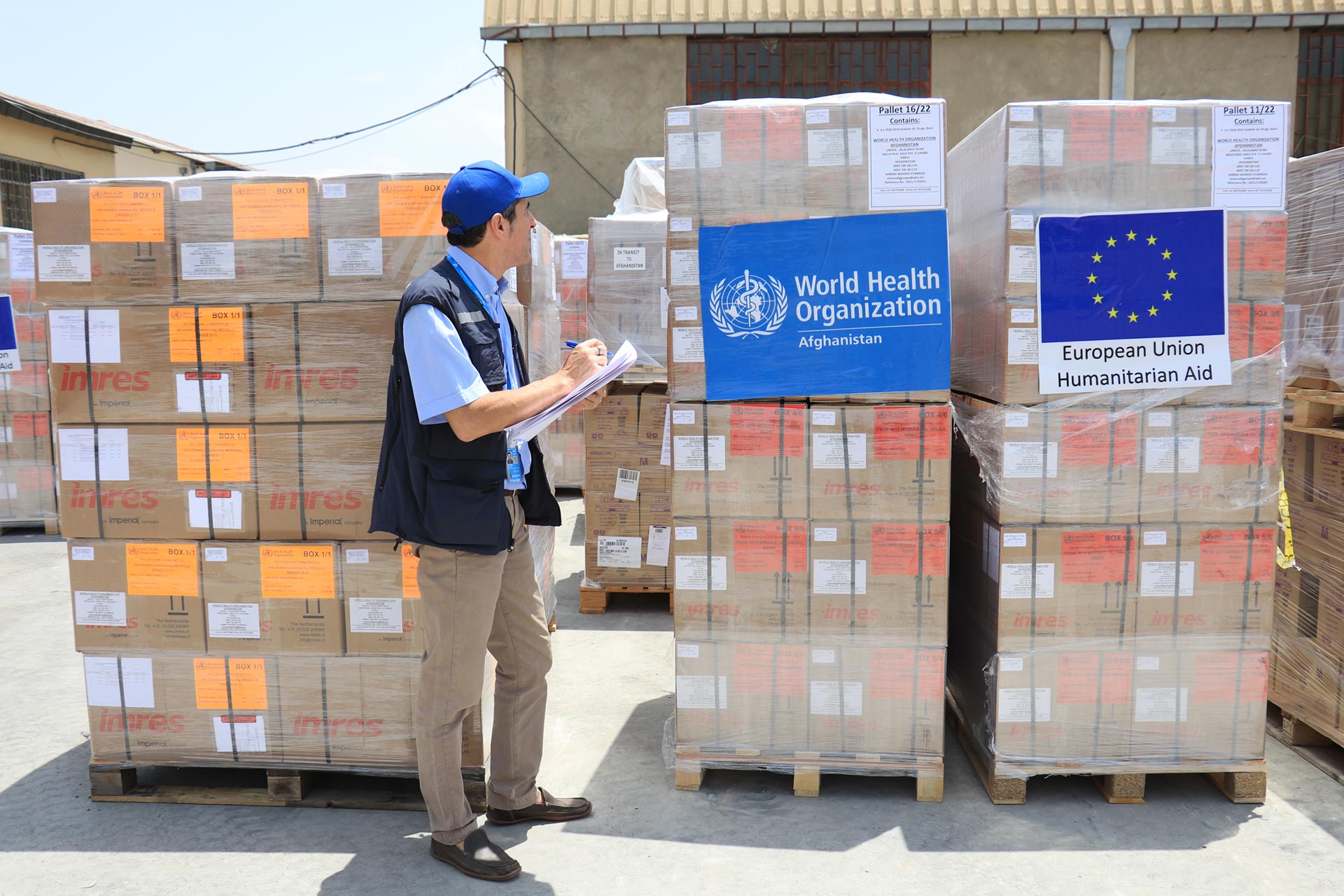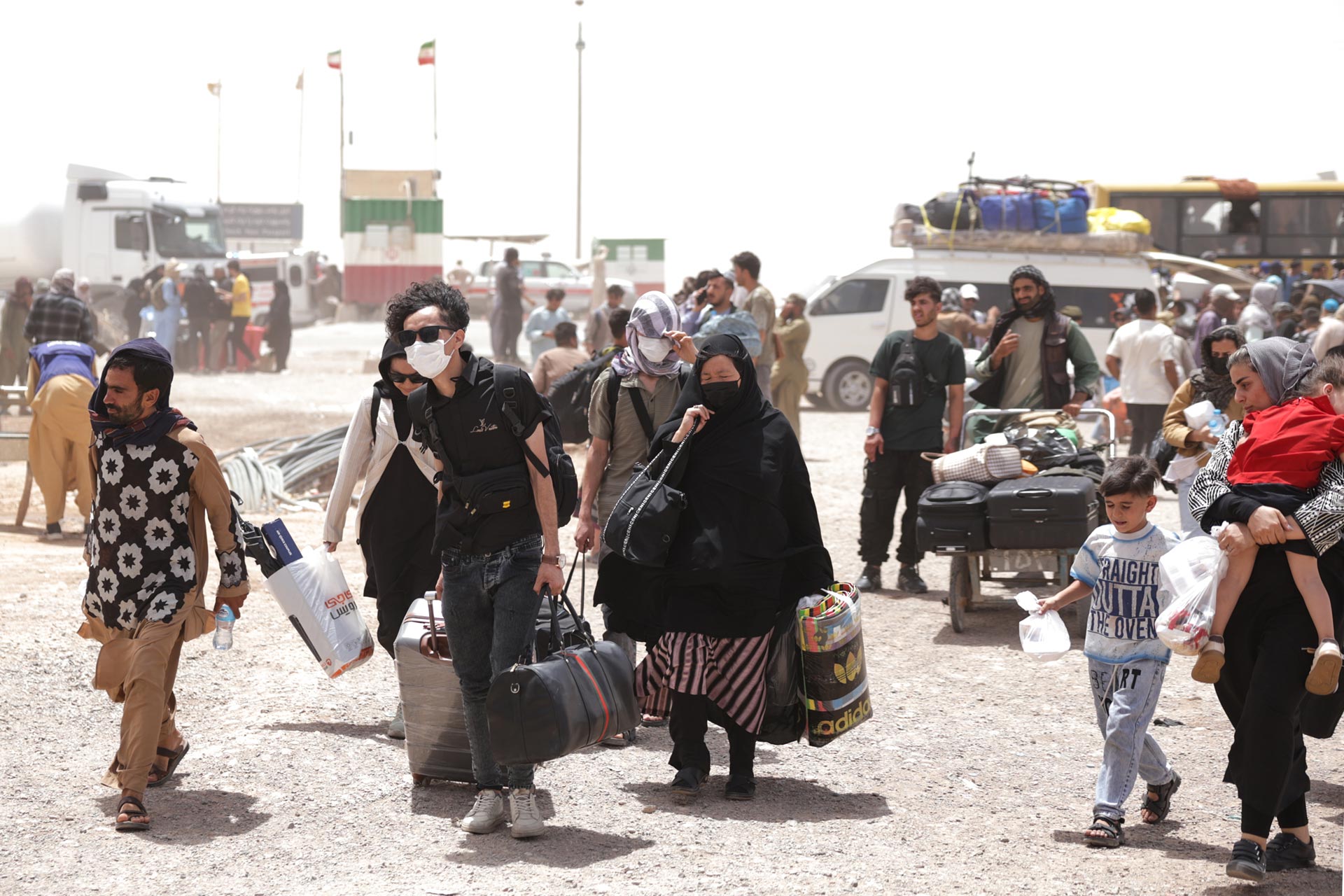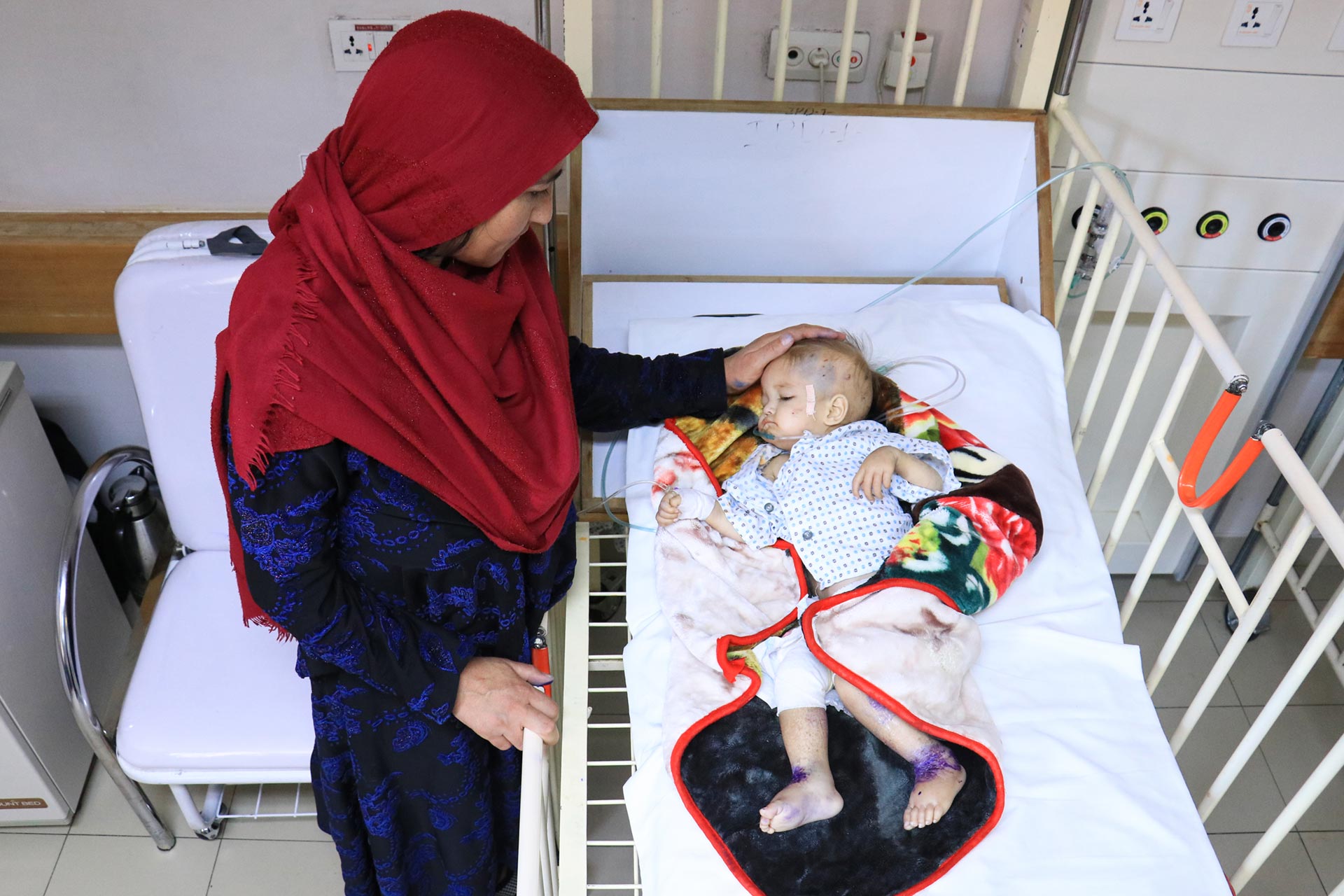 ECHO supports WHO Afghanistan with essential medical supplies. Photo credit: WHO21 October 2025, Kabul, Afghanistan – The World Health Organization (WHO) in Afghanistan has received an additional €1million from European Union (EU) Humanitarian Aid, bringing total EU health funding in Afghanistan to €7 million since May 2025.
ECHO supports WHO Afghanistan with essential medical supplies. Photo credit: WHO21 October 2025, Kabul, Afghanistan – The World Health Organization (WHO) in Afghanistan has received an additional €1million from European Union (EU) Humanitarian Aid, bringing total EU health funding in Afghanistan to €7 million since May 2025.
The extra funding will help WHO expand its emergency health response, with a focus on delivering lifesaving services to underserved communities and returnees across the country.
According to the Afghanistan Humanitarian Needs and Response Plan 2025, 14.3 million people face limited access to essential health care due to underfunded services, facility closures and a shortage of female health workers.
As Afghanistan continues to face complex humanitarian challenges, including natural hazards, displacement and disease outbreaks, maternal health, trauma care and disease prevention are urgent priorities. EU support will allow WHO to enhance surveillance of infectious diseases through the deployment of surveillance support teams (SSTs), improve the supply of medical materials and strengthen coordination for the returnee response.
 With the support of donors, WHO is providing essential health services for returnees arriving from the Islamic Republic of Iran and Pakistan. Photo credit: WHO“This additional contribution from the EU helps ensure that no one is left behind – even in the most remote or crisis-affected areas,” said WHO Representative in Afghanistan Dr Edwin Ceniza Salvador. “It reinforces the principle that access to health is a right, not a privilege.”
With the support of donors, WHO is providing essential health services for returnees arriving from the Islamic Republic of Iran and Pakistan. Photo credit: WHO“This additional contribution from the EU helps ensure that no one is left behind – even in the most remote or crisis-affected areas,” said WHO Representative in Afghanistan Dr Edwin Ceniza Salvador. “It reinforces the principle that access to health is a right, not a privilege.”
The original EU-funded project supports a comprehensive package of health services, including the operation of 41 primary health care centres, 4 maternity hospitals and 2 emergency trauma centres at the Torkham and Spin Boldak border crossings. It provides mental health and psychosocial support services through 4 acute mental health wards, treatment for severe acute malnutrition in 19 inpatient facilities and training for 26 midwives to tackle the shortage of female medical professionals in rural areas.
“When an earthquake struck eastern Afghanistan last August, affecting nearly half a million people, WHO was immediately present on the ground. Thanks to EU support and contributions from other partners, WHO rapidly deployed emergency health teams to the affected areas to provide trauma care to those in need,” added Dr Salvador.
 WHO helps ensure that children in Afghanistan receive the lifesaving treatment they need. Photo credit: WHO“We remain committed to supporting the resilience of Afghanistan’s health system during these challenging times. Through our partnership with WHO, we are ensuring vital health services reach those most in need, especially in remote, disaster-affected and underserved areas. This support prioritizes maternal and child health, mental health, trauma care, nutrition and disease preparedness,” said Head of the EU's Humanitarian Aid Office in Afghanistan François Goemans.
WHO helps ensure that children in Afghanistan receive the lifesaving treatment they need. Photo credit: WHO“We remain committed to supporting the resilience of Afghanistan’s health system during these challenging times. Through our partnership with WHO, we are ensuring vital health services reach those most in need, especially in remote, disaster-affected and underserved areas. This support prioritizes maternal and child health, mental health, trauma care, nutrition and disease preparedness,” said Head of the EU's Humanitarian Aid Office in Afghanistan François Goemans.
WHO Afghanistan extends its thanks to the EU for its continued support which strengthens our commitment to work closely with partners and humanitarian actors to ensure coordinated, inclusive and accountable health service delivery across the country.
For media inquiries, please contact:
Ajyal Sultany
Head of Communications, WHO Afghanistan
Email:
Lisa Hastert
Regional Information Officer, EU Humanitarian Aid Asia/Pacific
Email:








